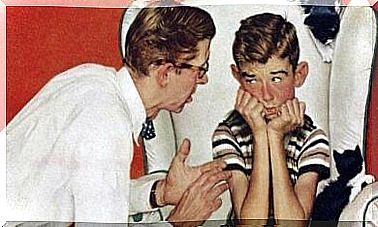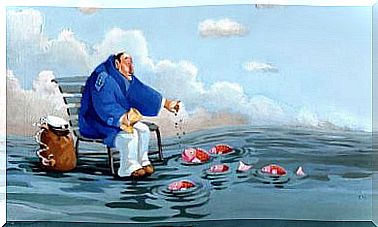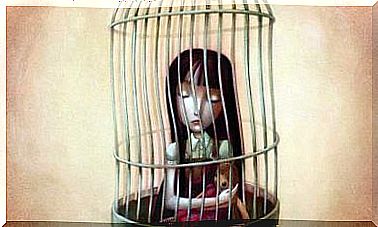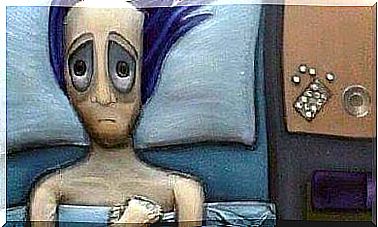The 5 Consequences Of A Toxic Upbringing
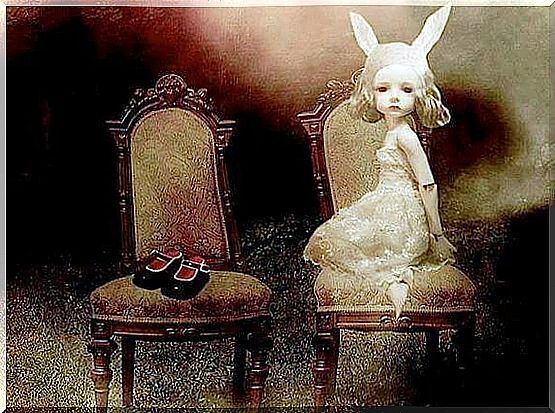
Childhood is the phase in life when we begin to get to know the world, to develop and to deal with everything that is around us. On the other hand, it is a time when we are particularly vulnerable and dependent. Therefore, much of what happens in this stage can be attached to our roots and changed later only with difficulty.
This is true of a happy as well as an unhappy childhood, and the later results are completely different. As in the lottery, we can be lucky or unlucky, we have little say in this.
Often times in TV series or movies there is the role of a confused person who had a childhood of difficult interpersonal relationships, directly or indirectly.
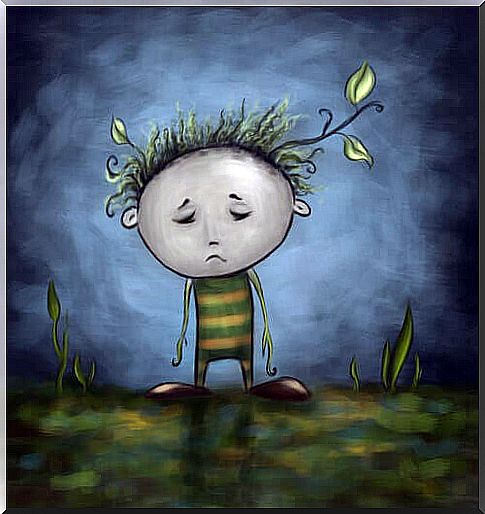
But what are the real and most common consequences of a toxic childhood? We analyze them below.
1. We did not have a happy childhood
This phase does not return any more than any other phase in our life story. A toxic childhood translates into a habitually sad, unhappy, or complicated childhood.
Because we have not been able to live in the way we would have wished for all these years, we often hold grudges against the people for whom we also have deepest feelings. This means that our childhood emotional entanglements often survive in a confrontation of love and resentment within us.
Therefore, the feelings we feel are not there by chance, but are the result of a later assessment of the injustices, distrust, fear, neglect and humiliation that we experienced at the time.
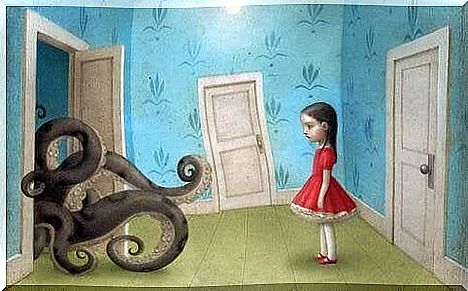
2. We haven’t learned to build good relationships with others
In our first few years of life we begin to develop the way we relate to others. We learn how to express ourselves or how to deal with silence in order to achieve effective communication.
In contrast, false patterns such as violence and coercion can be easily learned and reproduced. However, it is all the more difficult to replace them with other behaviors after you have experienced them as helpful and useful for achieving your own goals for a while.
In this sense, they can restrict the development of our social and emotional potential, even if we can of course learn everything over time. So it can happen that at some point we may have to pay a high price for our clumsiness.
3. Dealing with the ego
A poisoned, toxic childhood doesn’t just refer to a lack of love and tenderness or the constant experience of indifference as an unjustified punishment. It also has to do with living together with people who never recognize their errors or who protect their child beyond measure and thereby prevent him from dealing with his own errors, and who have an image of inviolability and a distant perfection on that Project child that it will never reach.
In such an environment, the person grows up believing that they are who they are not. In this way an ignorance is generated that will later have to be paid for very dearly.
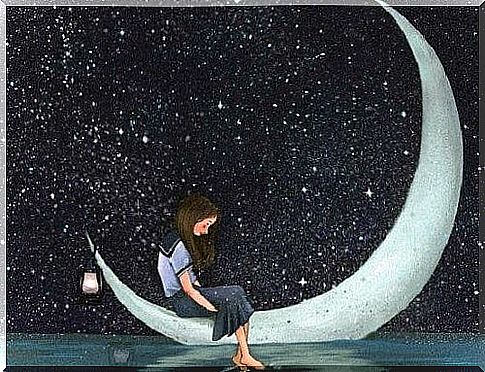
4. Emotional intelligence
Mathematics, German, foreign languages … all of these subjects are more or less part of school education. But something as mundane and useful as dealing with our emotions is not considered in these systematic curricula.
Even if nobody bothered to teach us how to deal with emotions, that doesn’t mean we haven’t learned it. We learned it on our own by watching others and copying it from them.
A toxic childhood therefore often has a lot to do with the fact that the reference persons or loved ones had poorly developed emotional intelligence. This is extremely toxic as it has left us vulnerable in an essential and fundamental area of our personality.
5. The later upbringing of children
The parenting style that we experienced shapes the script, according to which we as adults want to shape the upbringing of the children in our environment. While it is true that in many situations we unconsciously repeat certain patterns or behaviors, it is worth the effort to get our lives on new and healthier paths.
Therefore, even those people for whom it is more difficult to develop themselves because of their difficult childhood can develop and train everything that should never have been denied them in their own childhood.
In this way, over time, they will stand out more for what they have accomplished than for what has harmed them, and they will turn into people who deserve admiration.
